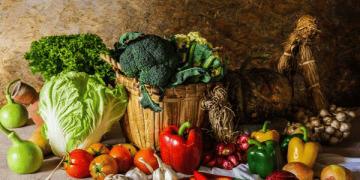On January 9, Bangladesh’s National Board of Revenue (NBR) announced a rise in the supplementary duty on imports of selected dry and fresh fruits, including nuts and betel nuts. The duty on these goods has increased to 45 percent from 30 percent. Similarly, duties on certain fresh fruits such as grapes, apples, and watermelons, as well as fruit juices, have increased to 30 percent from 20 percent.
This change, implemented mid-fiscal year, is part of the government’s broader strategy to increase revenue and align with terms of its $4.7 billion loan program with the International Monetary Fund (IMF). The move comes amid a sustained inflation rate of over 9 percent in the country for nearly two years.
The price hikes have led to rising retail costs for fruits, notably affecting consumer purchasing patterns. Items such as apples, oranges, and grapes have seen significant price increases, which have impacted consumer buying power. Traders have reported a 30 percent decline in imports and a 20-25 percent drop in wholesale sales as a result of these changes.
In response, the Bangladesh Fresh Fruits Importers Association has appealed to the government for relief from the increased duties and a reduction in advance income tax, particularly with Ramadan approaching—a time of higher fruit consumption. Despite these concerns, the duty increases have remained in place, and the opening of letters of credit (LCs) for fruit imports has fallen by 8.5 percent year-on-year, totaling $107 million for the July-November period of the 2024-25 fiscal year.
The Consumers Association of Bangladesh has also called on the government to delay the implementation of these duty hikes until after Ramadan to reduce the financial strain on lower- and middle-income families.
Find the best supply chain logistics news at The Supply Chain Report. Free international trade tools are available at ADAMftd.com.
#SupplyChainNews #Imports #FruitMarket #EconomicImpact #InflationNews















